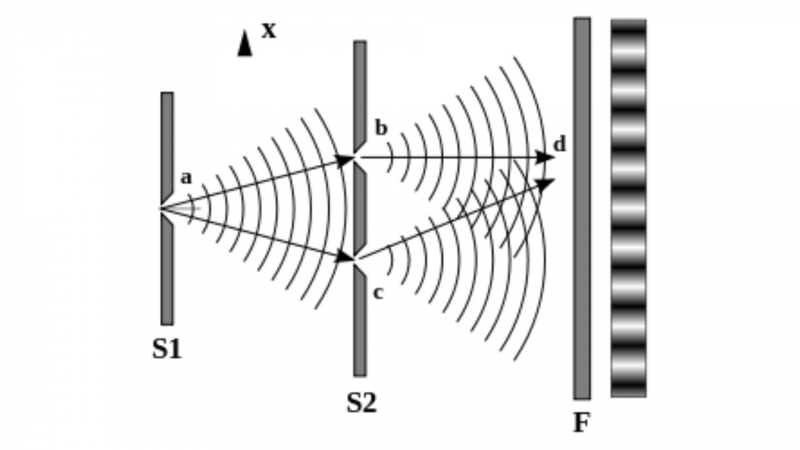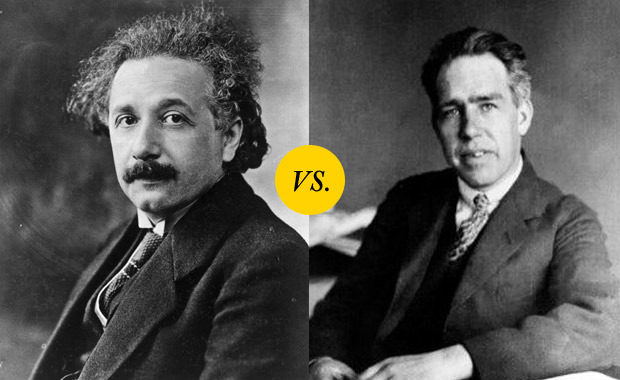His Debates With Niels Bohr Brought Quantum Mechanics In Focus
In a series of public arguments regarding quantum mechanics, Albert Einstein and Niels Bohr were involved. These discussions are remembered because they are significant in science and philosophy. They not only constituted one of the pinnacles of scientific inquiry in the first half of the twentieth century, but they also brought to light an important aspect of quantum theory, namely quantum non-locality, which is critical to our modern understanding of the physical universe.
The majority of Bohr's account of the events in Solvay and elsewhere in 1927 was originally published in an article titled "Discussions with Einstein on Epistemological Problems in Atomic Physics" decades later. The philosophical problem of the discussion, according to the article, was whether Bohr's Copenhagen Interpretation of quantum physics, which was based on his belief in complementarity, was legitimate in understanding nature.
Despite their disagreements and subsequent discoveries that helped strengthen quantum physics, Bohr and Einstein shared a mutual regard that lasted the remainder of their lives. Professional physicists agree that Bohr was victorious in his defense of quantum theory, and that the essential probabilistic character of quantum measurement was definitely proven.












